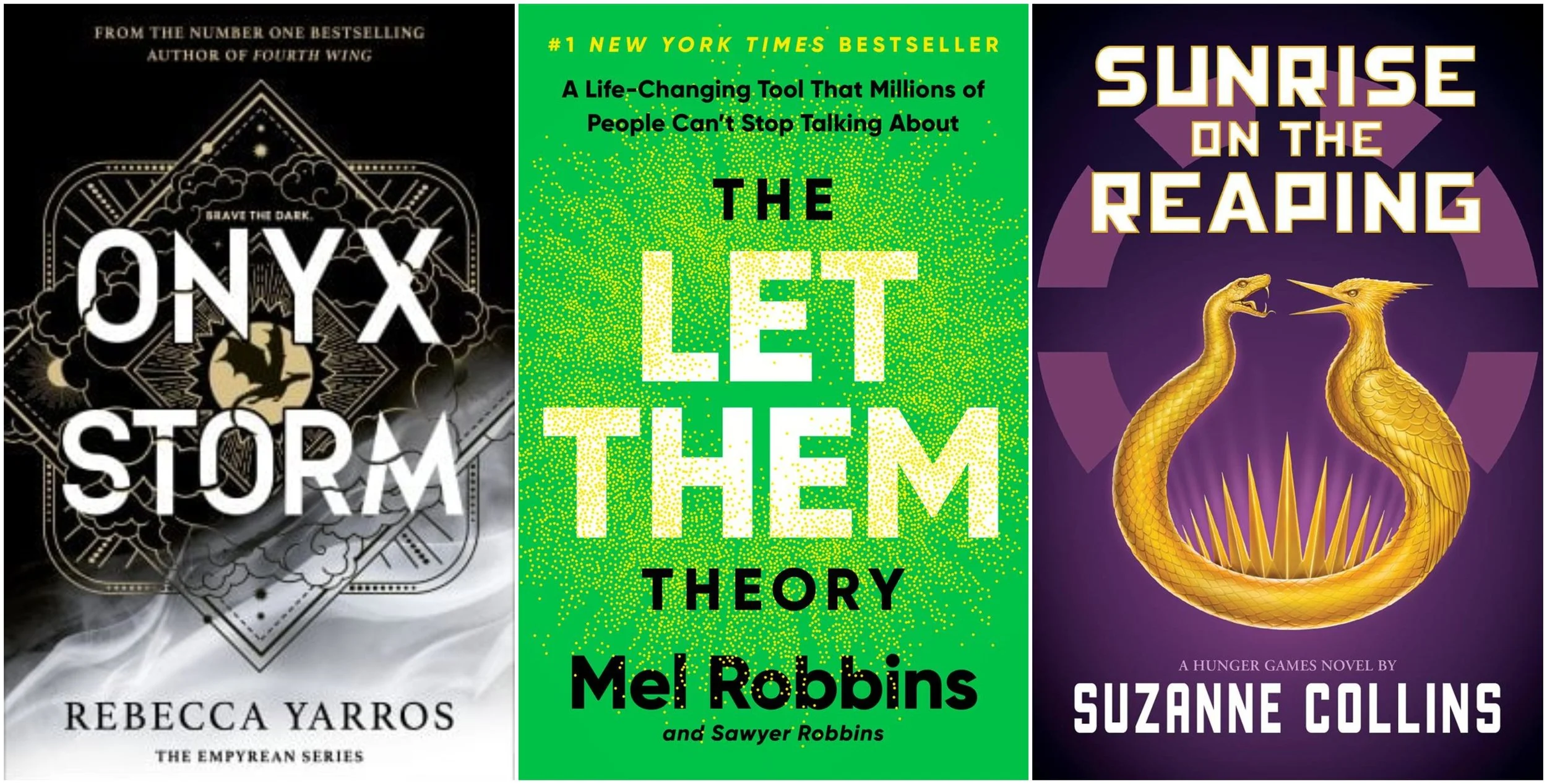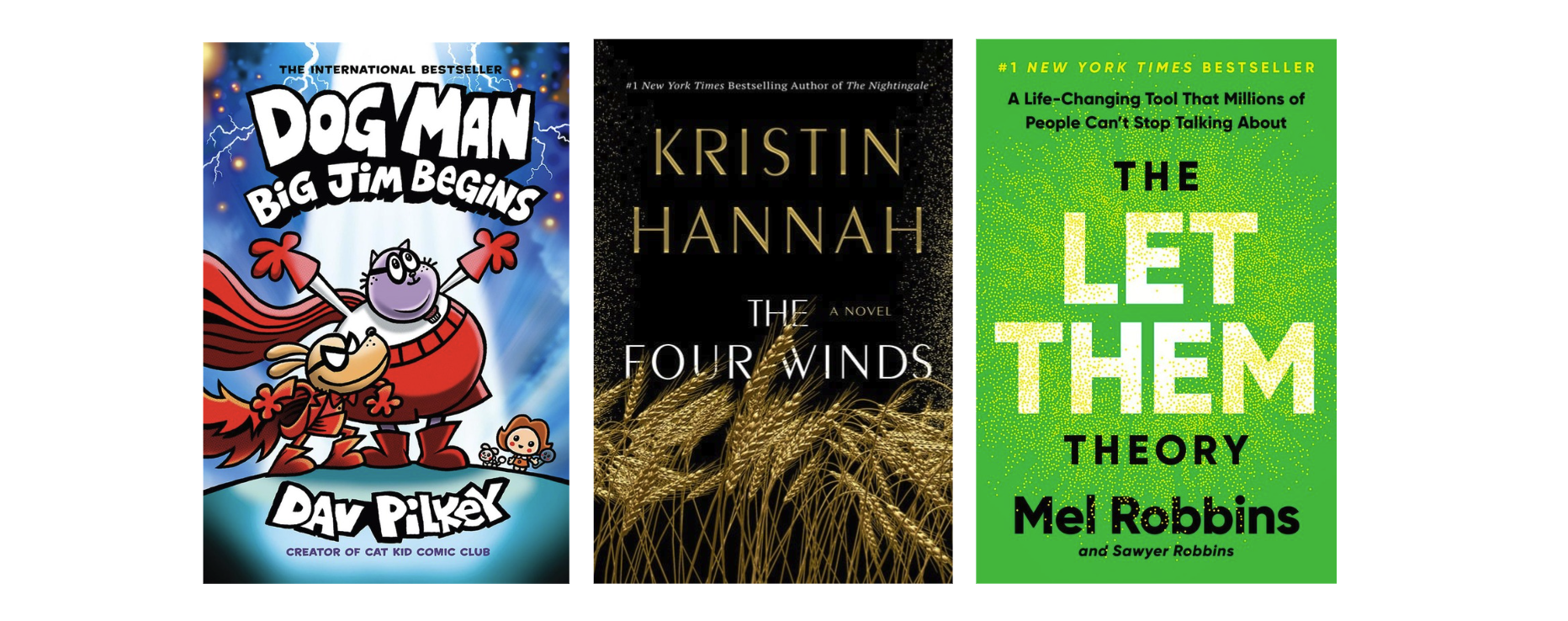On July 13, BookNet hosted Macmillan’s Metadata Manager Sarah Lawrence, who, jointly with our own Product Coordinator Hannah Johnston, delivered a presentation as part of the ongoing programming Tech Forum is offering throughout the year.
In this presentation, Sarah and Hannah talked about the recent changes and additions made to the BISAC Subject Codes List, the best practices for using BISAC to classify book content, and a subject heading of particular interest to the Canadian supply chain: codes to identify Indigenous content.
Below we’ve featured a portion of the presentation specifically about the addition of FICTION / World Literature — the reasons behind this addition, the ways it should be used, and some examples. But if you want to watch the whole presentation (highly recommended!) you can go here.
The 2020 Edition of BISAC Subject Categories is live, and it’s more exciting than most editions! Usually, the BISAC Committee adds some new categories, renames a few, and maybe does some organizing, but this year we also had two big changes. The first was the introduction of the FICTION / World Literature categories, and the second was revamping the language for many of our BISACs referring to elements of diversity (which you can read about here).
The World Literature BISAC categories have been a long time coming. For years the Committee has been trying to figure out what to do with FICTION / Literary and FICTION / Classics, both of which can be in the eye of the beholder and have gotten a bit overloaded.
We noticed that several book shops have started to organize their stores by an author's country of origin, either rather than or in addition to genre. Plus, more and more readers are asking for books about other cultures that are written by authors with lived experience in those cultures. The committee decided that World Literature would be a great way to give publishers a chance to be more specific by supplementing their Literary and Classics codes.
Now, we didn't just draw the countries and regions out of a hat. One of the members of the BISAC Committee works for Barnes & Noble in the US, which hand categorizes all of their books into World Literature categories. When a country has a particularly large body of work, they break it down by century as well.
Barnes & Noble website World Fiction section
Barnes & Noble website World Fiction / Russian Fiction section
The Committee chose which countries and regions to focus on for World Literature BISACs based on the number of active titles from each country currently available in North America. It's definitely not perfect, but as we do for all of our subject categories, we'll watch the title counts closely and create new categories as the current ones fill up. We’ll also consider suggestions submitted through the BISG website.
For 2020, we ended up starting with 90 categories. They're a mix of continents such as Asia / General; regions such as Oceania; and specific countries such as India. We also adopted Barnes & Noble's practice of breaking the most heavily populated categories down by centuries.
Here’s a sample of the recently added categories:
FIC083000 — FICTION / World Literature / Africa / General
FIC083010 — FICTION / World Literature / Africa / East Africa
FIC083020 — FICTION / World Literature / Africa / Nigeria
FIC083030 — FICTION / World Literature / Africa / Southern Africa
FIC083040 — FICTION / World Literature / Africa / West Africa
FIC084000 — FICTION / World Literature / American / General
FIC084010 — FICTION / World Literature / American / Colonial & Revolutionary Periods
FIC084020 — FICTION / World Literature / American / 19th Century
FIC084030 — FICTION / World Literature / American / 20th Century
FIC084040 — FICTION / World Literature / American / 21st Century
FIC085000 — FICTION / World Literature / Argentina
FIC086000 — FICTION / World Literature / Asia (General)
FIC087000 — FICTION / World Literature / Australia
FIC088000 — FICTION / World Literature / Austria
FIC089000 — FICTION / World Literature / Brazil
FIC090000 — FICTION / World Literature / Canada / General
FIC090010 — FICTION / World Literature / Canada / Colonial & 19th Century
FIC090020 — FICTION / World Literature / Canada / 20th Century
FIC090030 — FICTION / World Literature / Canada / 21st Century
FIC091000 — FICTION / World Literature / Caribbean & West Indies
A World Literature BISAC isn't just about the setting or the original language in which a book was published; it represents both the subject of the book and the author's connection to their subject. For the purposes of the BISAC categories, the definition of World Literature is a serious literary depiction of life in a nation or region as written by an author native to that nation or region.
This does mean that we need to be careful when using these categories, because as the world becomes more globalized and our understanding of identity becomes more nuanced, we need to respect that authors may not identify with the categories that are currently available. Using these BISACs should be part of the larger conversation that you have with your author in any case where their identity might be a point of potential interest for readers.
When considering whether a World Literature BISAC is appropriate for a book, it helps me to think about whether a sample would fit thematically in a literary collection focused on the author's country or region. Put another way, the categories should be used for books that a country might consider to be part of its national literature. That is, books by residents of that country who are writing about their home country.
Here are some examples:
First, we have Mikhail Bulgakov's The Master and Margarita. Bulgakov was a Russian author writing in the Soviet Union, and this book is, among other things, about life in the Soviet Union, so it fits neatly into the 'World Literature / Russia / 20th Century' category.
Next, we have Shirley Hazzard's The Great Fire, which is set in several countries, but none in which she had any substantial lived experience. This book would not get a World Literature Category.
And finally, we have Hermann Hesse's Siddhartha, which is a classic of Buddhist literature, and we do now have a Fiction category for that (FICTION / Buddhist). But it's set in India and the author is Swiss German, so this book would not get a World Literature Category.
To wrap up, remember that BISAC categories are for marketing each book to the audience that is most interested in buying, borrowing, and reading that particular book. The World Literature categories are part of that effort, and they're a response to customer interest as reported to us by publishers and by booksellers. World Literature BISACs should always reflect that author/subject combination in order to be useful to retailers, libraries, and readers.















Insights into romance trends and the performance of Heated Rivalry.